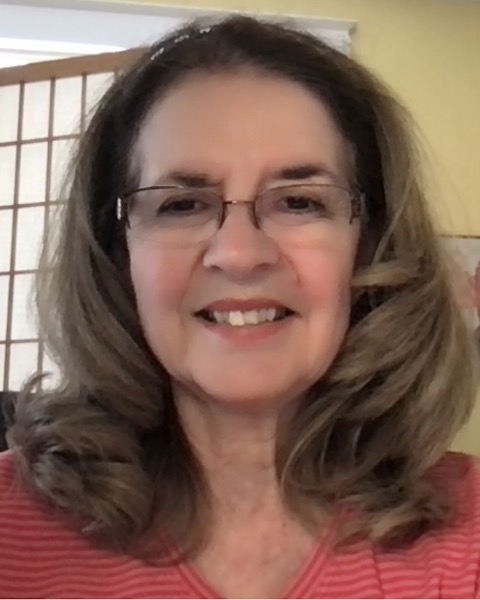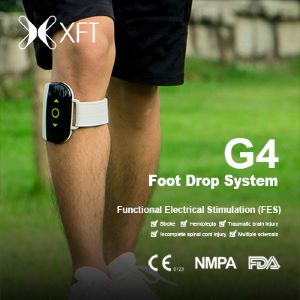Poster
Clergy perspectives and contributions for family caregivers
Wednesday, November 1, 2023
5:50 PM - 5:56 PM
Location: Station 11

Kathy Kniepmann, OTD, MPH, EdM, OTR/L (she/her/hers)
Associate Professor
Washington University School of Medicine- Program in Occupational Therapy
Saint Louis, Missouri, United States
Presenting Author(s)
Research Objectives: To identify clergy perspectives and experiences with family caregivers
To determine whether and how faith communities could support long term challenges of family caregiving
Design: Qualitative: single session focus group or interview with clergy/ denominational leaders.
No follow-up was involved
Setting: General community
Participants: Recruitment was through an interfaith organization and snowballing.
Nine participants from different denominations participated.
Interventions: No intervention. This was an exploratory study.
Main Outcome Measures: Participant transcripts were coded by three study team members- two from the USA and one from South Africa. Thematic analysis was done from the coding to identify themes.
Results: Five themes emerged from analysis of transcription coding:
1 The importance of spirituality
2 Sharing the journey
3 Family dynamics influence receptivity
4 Concern about caregiver overload & reluctance to get help
5 Suggestions to address caregiver needs: participants want to connect with clinicians and other resources to support family caregivers.
Conclusions: Some caregivers are reluctant to acknowledge their needs or reach for help from clinicians. Clergy are trusted connections who want to support family caregivers who share stress about helping about disabled relatives. Worship communities provide resources that help family caregivers navigate the challenges of family caregiving. Participants in this study wanted to learn more from clinicians about effects of disability on everyday life and how families can manage. They shared suggestions about how to fill resource gaps.
Further study can identify ways that clinicians, clergy and lay leaders can share knowledge and build resources so caregivers can maintain their own quality of life while helping relatives with disabling conditions.
A larger study with more international participants can build understanding about culturally sensitive and effective ways for faith communities to support family caregivers.
Author(s) Disclosures: No conflict of interest
To determine whether and how faith communities could support long term challenges of family caregiving
Design: Qualitative: single session focus group or interview with clergy/ denominational leaders.
No follow-up was involved
Setting: General community
Participants: Recruitment was through an interfaith organization and snowballing.
Nine participants from different denominations participated.
Interventions: No intervention. This was an exploratory study.
Main Outcome Measures: Participant transcripts were coded by three study team members- two from the USA and one from South Africa. Thematic analysis was done from the coding to identify themes.
Results: Five themes emerged from analysis of transcription coding:
1 The importance of spirituality
2 Sharing the journey
3 Family dynamics influence receptivity
4 Concern about caregiver overload & reluctance to get help
5 Suggestions to address caregiver needs: participants want to connect with clinicians and other resources to support family caregivers.
Conclusions: Some caregivers are reluctant to acknowledge their needs or reach for help from clinicians. Clergy are trusted connections who want to support family caregivers who share stress about helping about disabled relatives. Worship communities provide resources that help family caregivers navigate the challenges of family caregiving. Participants in this study wanted to learn more from clinicians about effects of disability on everyday life and how families can manage. They shared suggestions about how to fill resource gaps.
Further study can identify ways that clinicians, clergy and lay leaders can share knowledge and build resources so caregivers can maintain their own quality of life while helping relatives with disabling conditions.
A larger study with more international participants can build understanding about culturally sensitive and effective ways for faith communities to support family caregivers.
Author(s) Disclosures: No conflict of interest
Learning Objectives:
- Describe clergy experiences with family caregivers for relatives with chronic conditins- particularly stroke.
- Identify clergy and lay leader perspectives on family caregiving
- Discuss how interprofessional health care teams can collaborate with worship communities to address needs of family caregivers in the USA and abroad

.jpg)
